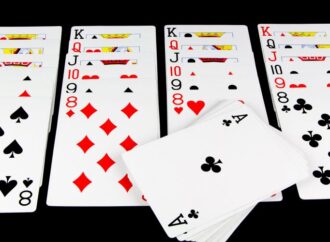Have you ever wondered why we follow rules, have governments, and live in communities with shared norms?
The answer lies in a concept that might seem complex at first but is fundamental to our everyday lives – the social contract. Imagine it as an invisible agreement we all make to create a peaceful and organized society. Let’s dive into this intriguing idea that underlies everything from the schoolyard to the highest levels of government.
The Basics of the Social Contract:
At its core, the social contract is a theoretical agreement among individuals to form a society. It’s like an unspoken promise that we make to each other – a pact that helps us live together harmoniously. This agreement involves giving up certain freedoms in exchange for the benefits of living in a community.
Think about it this way: when we agree to follow rules and respect each other’s rights, we contribute to the well-being of the group. This cooperation allows us to enjoy the protection and support of the community, creating a safer and more stable environment.
Societal Norms: The Unwritten Rules:
Societal norms are like the unwritten rules of the social contract. They guide our behavior and help us navigate our interactions with others. From saying “please” and “thank you” to respecting personal space, these norms are the glue that holds societies together. They’re the reason we can trust that our neighbors won’t break into our homes or that people will stop at red lights.
Government’s Role in the Social Contract:
Governments play a crucial role in upholding the social contract. They are responsible for creating and enforcing laws that ensure our safety and protect our rights. In return, we agree to follow these laws, pay taxes, and participate in the democratic process to have a say in how our society is run.
Now that we’ve explored the concept of the social contract, let’s ponder a few questions:
- What happens when individuals break the social contract by not following rules or laws? How does it impact the overall well-being of the community?
- In what ways do societal norms differ across cultures? How does this diversity contribute to the richness of our global community?
- Consider a society without a social contract. How might that look, and what challenges would it face?
- How does technology, with its rapid advancements, affect the social contract in the 21st century? How do social media and online communities influence our understanding of societal norms?
- Can you think of historical examples where the social contract was challenged or redefined? What lessons can we learn from those instances?
As we continue our journey through life, these questions can serve as a compass, guiding us to explore the intricate web of agreements that shape our societies. The social contract, though invisible, is a powerful force that binds us together and invites us to reflect on the responsibilities we bear as members of a collective whole.
#SocialContract #SocietalNorms #GovernmentRole #CommunityAgreement #TheoreticalAgreement #UnwrittenRules #DemocraticProcess

























